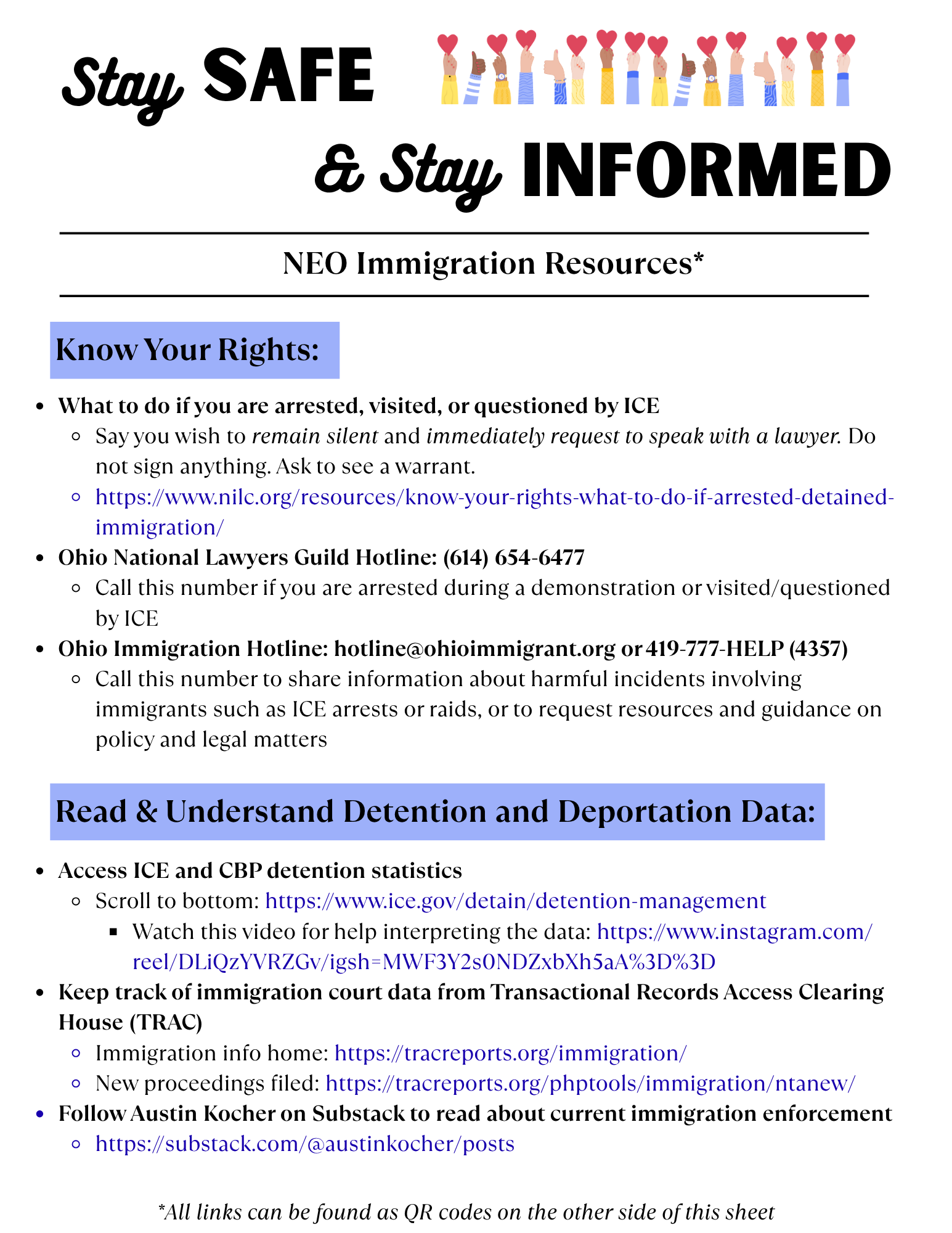Afro-descendant and Indigenous communities are at constant risk of forced displacement in the Pacific coastal department of Valle del Cauca as armed group vie for social, territorial and resource control.
The families of the Indigenous Wounann community of the Santa Rosa de Guayacán Biodiversity and Humanitarian Reserve in the Lower Calima River region of Buenaventura have been forcibly displaced four times over the past two decades. Their traditional livelihoods—based on fishing, hunting, and agriculture—have been disrupted because of repeated incursions by paramilitaries, guerrilla rebel groups, and military forces. After their last displacement in November 2021, the national government finally gave them the green light to return in December 2023. But because of state neglect, the 30 families who make up the community have suffered from waterborne illnesses and food crises. Now they face another imminent forced displacement.
On November 15, six armed men dressed in black (who did not identify themselves) stormed into the community and started going through people’s homes. They began asking who the main leaders were, where they lived, how many young people were in the community, and what they did for a living. Although they remained for just an hour, the incursion left the families in a state of tension, fear, and anxiety in the face of a potential new displacement.
The Indigenous reserve is demarcated and clearly marked with fences indicating the prohibition of entry for armed individuals. We are urging that the government consult with residents of the Wounaan community to devise better mechanisms to implement precautionary measures issued by the Inter-American Commission on Human Rights to protect their lives and freedom of movement.



